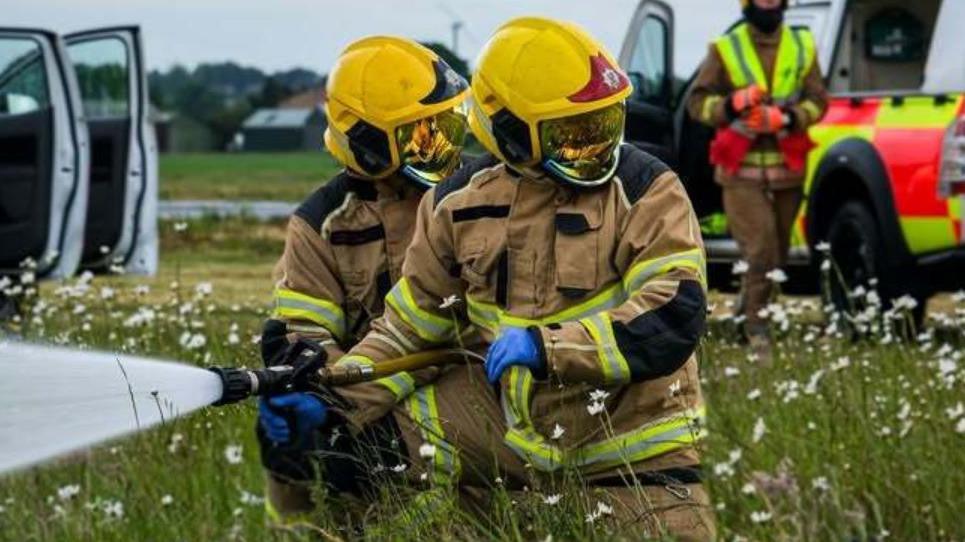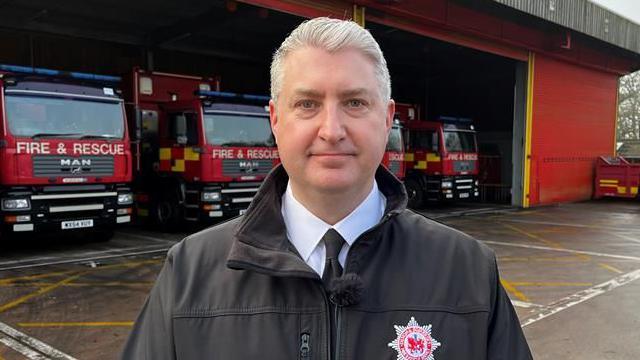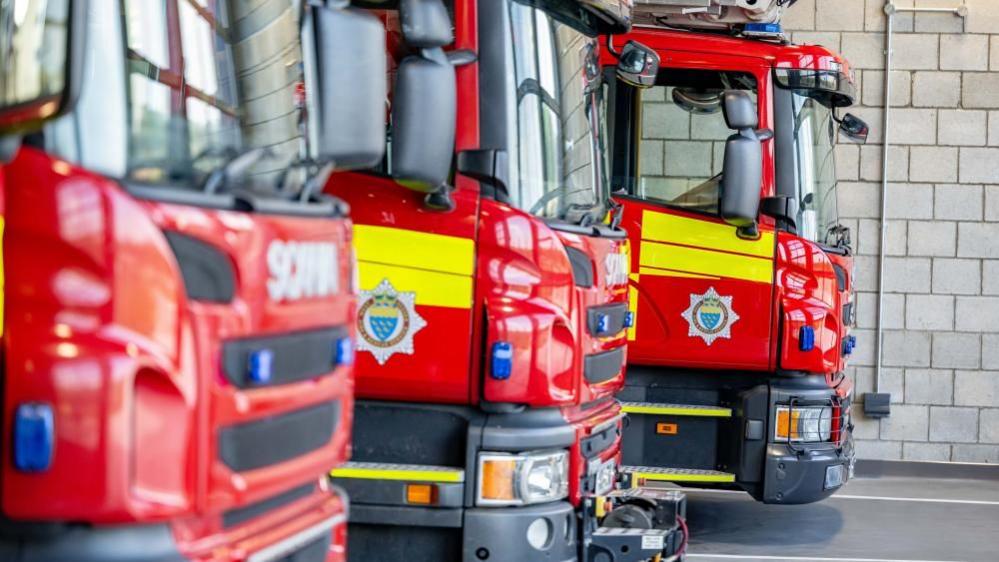False fire alarms costing service £225k a year

Fire chiefs said false alarms are also causing a loss in productivity
- Published
Steps to reduce the number of false alarms costing a fire service more than £225,000 a year are being actioned, fire chiefs have said.
Cleveland Fire Brigade said it was looking at several key actions to reduce the number of false alarm activations which resulted in "unnecessary demand on our resources."
A false alarm is defined as a signal resulting from a cause or causes other than a fire.
A report from brigade bosses noted the Unwanted Fire Signals (UwFS) Policy, external had some initial success after its introduction in 2017, but the number of this type of call had "steadily increased over recent years".
The increase was due to changes in legislation, meaning more businesses were now covered by automatic fire detection systems, the report said.
It added: "UwFS incurs significant costs to the brigade of over £225,000 and a loss in productivity of around 10 days per year."
Following a brigade review, several key actions and recommendations have been set out.
This includes not responding to automatic false alarms for non-domestic premises unless supported by a confirmation call from the site or "double knock" activation - where more than one device has actuated.
The brigade will also implement mandatory call challenge fields in the new control system and conduct engagement to ensure clear communication and understanding of the revised policy.
This will include a three month period of communication and engagement with local businesses that may be affected by the changes.
The number of UwFS will then be monitored over the next year with a full evaluation of the new process taking place one year from implementation.
Follow BBC Tees on X,, external Facebook, external, Nextdoor and Instagram, external.
Get in touch
Do you have a story suggestion for BBC Tees?
Related stories
- Published23 June

- Published15 January

- Published10 March
